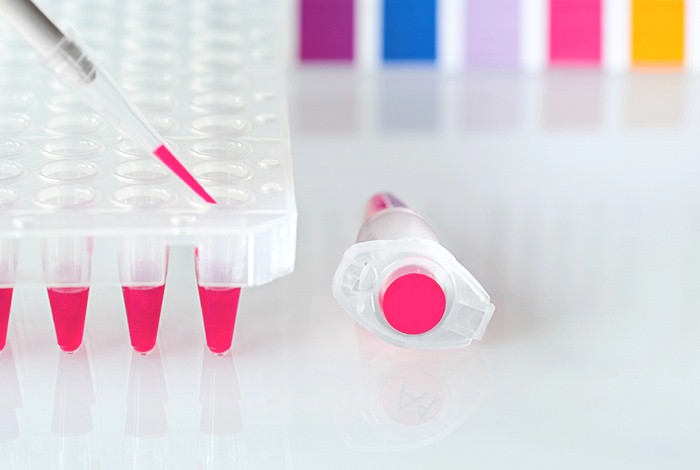Using the Smart-seq2—a technology available at the Crown Institute for Genomics which sequences sigle cell full transcripts and allows detection of more genomic changes than other single cell methodologies—we worked with Dr. Roi Gazit from the National Institute for Biotechnology in Ben-Gurion University of the Negev. We sequenced the mRNA of MDS patients.
Smart-Seq2 protocol, developed by Dr. Simone Picelli at Prof. Rickard Sandberg's lab, allows detailed analysis of splicing, something known to play a major role in the initiation and progression of MDS. The team indeed observed differences in splicing, as well as variations in nucleotide sequences (SNP) in single hematopoietic (blood forming) stem cells of MDS patients. By correlating this molecular data with disease progression of MDS patients treated at the Soroka Medical Center, the observed variations could be used as biomarkers for evaluating leukaemia risk.


